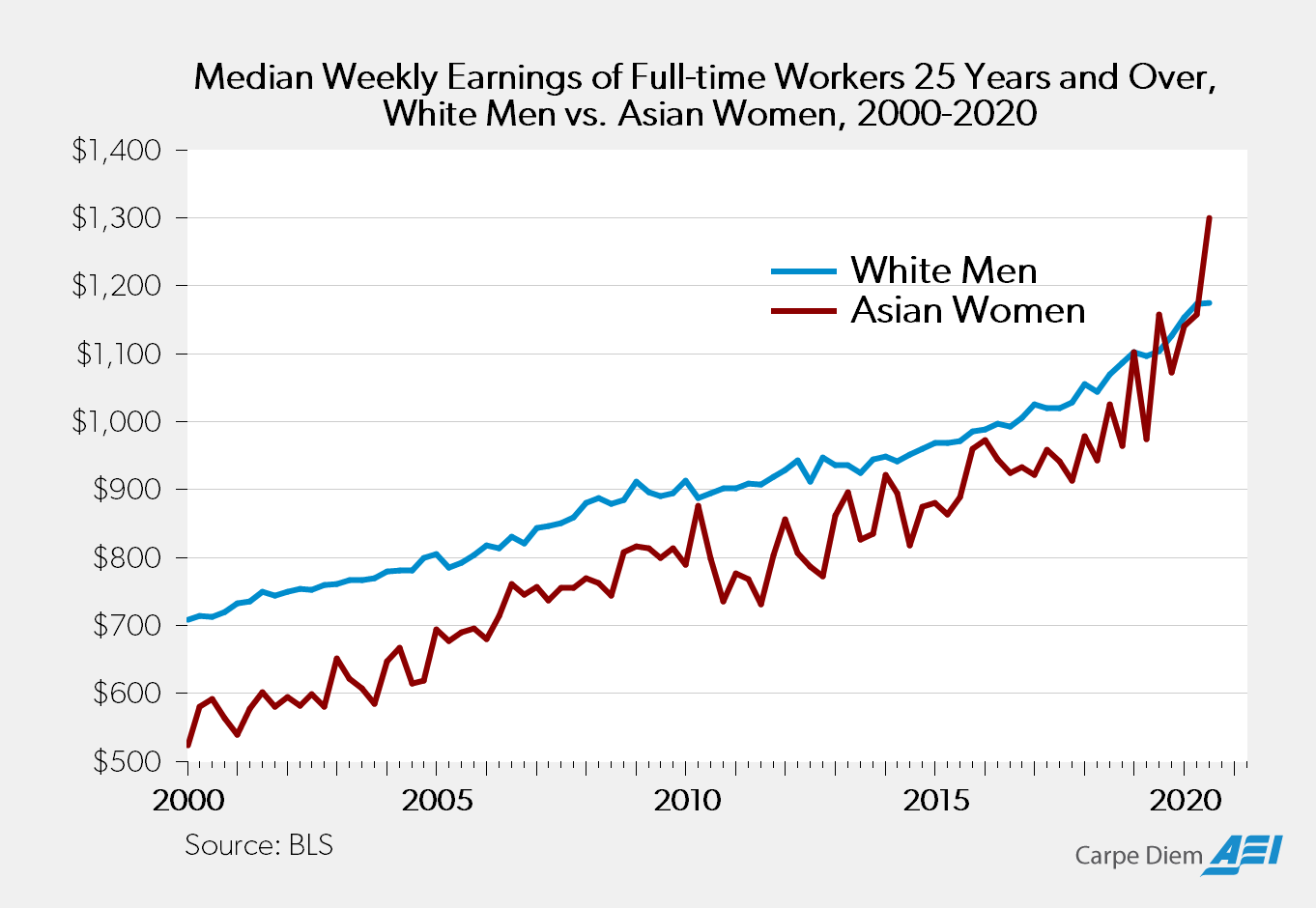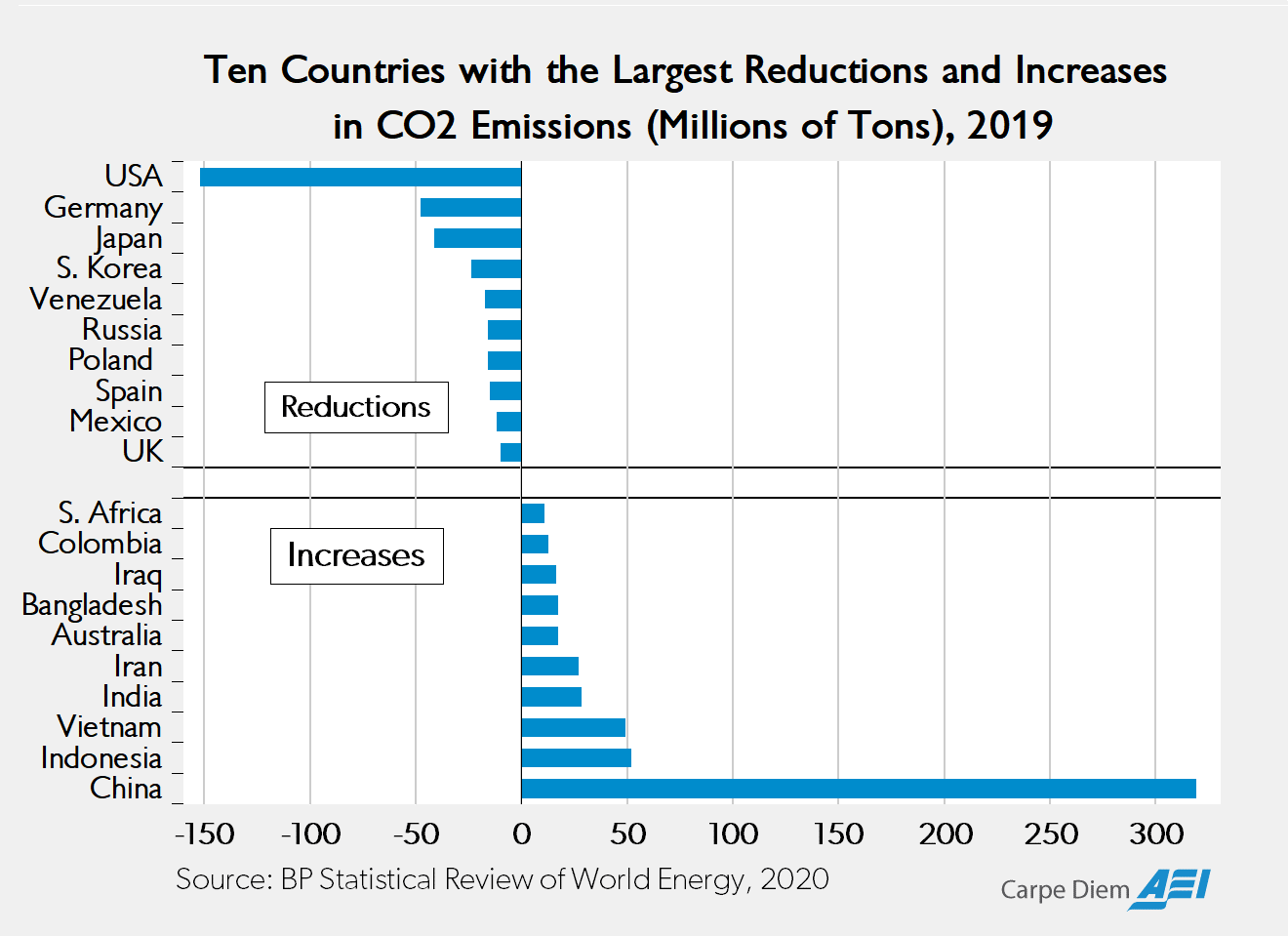They’re in trouble. You knew that, though, as city budgets have long favored spending more than revenue, especially spending on public union pensions and other retirement benefits, and so debts piled up—and continue to amass.
One particular arena where that’s having potentially deleterious effect is in pensions with benefits like paid (or mostly paid) health plans.
Cities and states can’t afford to keep the same medical benefits they promised government retirees.
For all 50 states combined, revenue declines for 2020 and 2021 could reach 13% cumulatively, according to Moody’s Analytics projections, while the average cost of an employer health-care plan for an individual increased 4% in 2020 to $7,470, according to the Kaiser Family Foundation nonprofit.
The current excuse is the Wuhan Virus situation having crushed sales-tax income and tourism dollars. In the end, though, the specific crisis du jour isn’t important: there always will be a crisis that will crush city revenues. An example of the reach of any crisis is this:
The Ohio Police and Fire Pension Fund sponsored a self-insured health-care plan for its retirees from 1975 to 2018, said fund spokesman David Graham.
“With no dedicated funding source for this plan, it eventually became unsustainable,” Mr Graham said in a written statement, adding that retirees would have had to increase their contributions to keep the health-care fund solvent.
There’s a hint, in that “dedicated funding source.” There needn’t be one could retiree pension health “benefits” be structured differently.
That brings me to the “potentially deleterious” bit. Deleteriosity is only potential because the overall situation presents opportunity: privatizing health plan provision, returning the provisioning to true health insurance—premiums based on the risks being transferred to the coverage provider—and using the free market and its intrinsically competitive nature to govern both customer costs—those premiums—and product quality. Quality especially would include the breadth of insurance products offered: single or a very few health matters insured; suites of preventive health care insurance for standard items like colds and flu, annual checkups; a broad range of other coverage offerings that might be relatively specific or relatively broad.
That opportunity often will be beyond an individual city’s capability to implement, but aggregations of cities might approach the capacity, and certainly at the national level, the health coverage industry can be privatized and included in the nation’s free market economy. At that point, cities would be able to step out of the health coverage business altogether beyond—perhaps—providing a cafeteria of market plans purchased on the open, free market for their city employee retirees.
More opportunity: with retirees responsible for choosing their own plans with which to satisfy their own needs and desires and paying for those plans with their own money—as grown adults, they really are capable of that without Big Brother Government or overreaching unions “helping”—they’ll take both their health and their insurance costs seriously.


